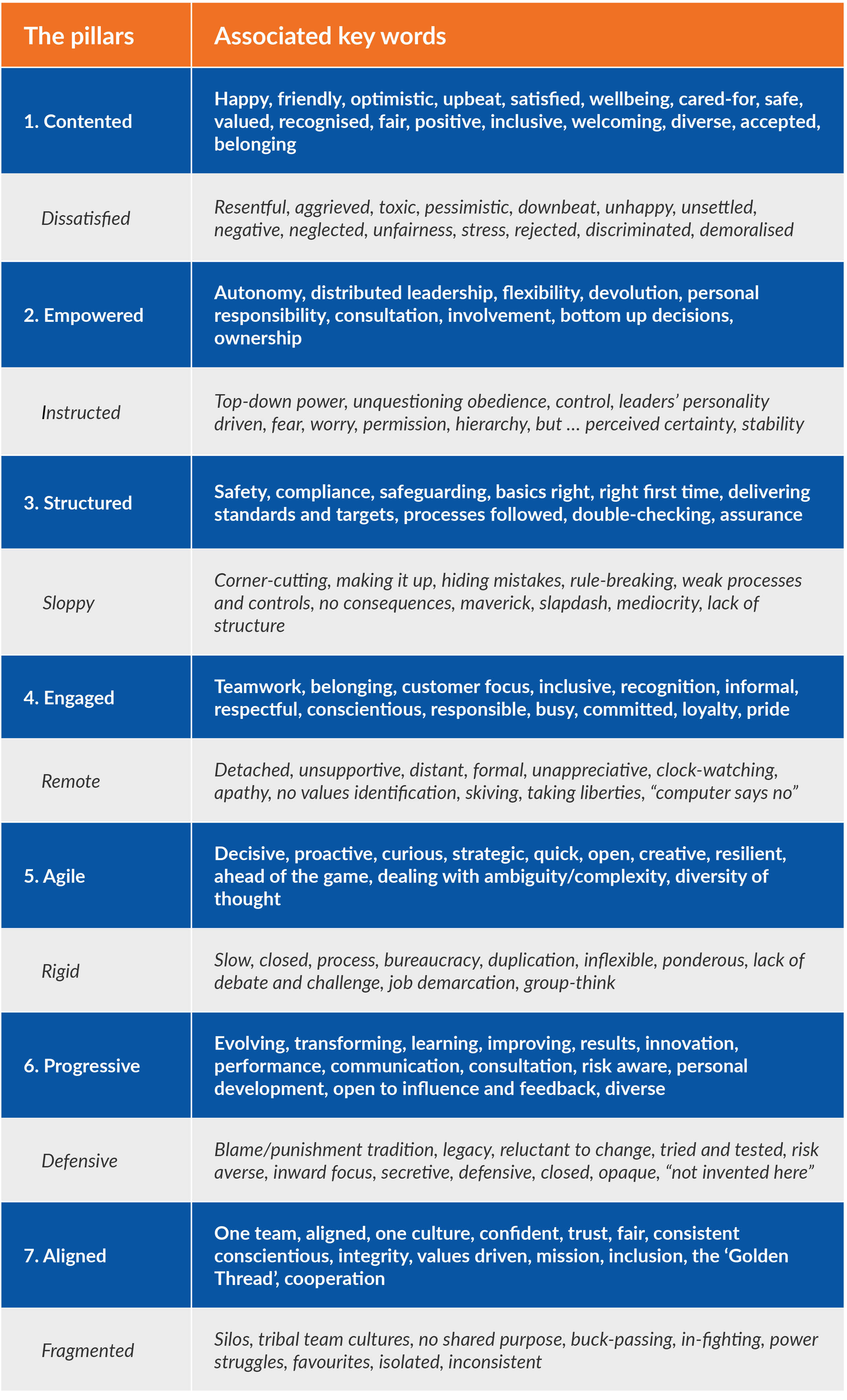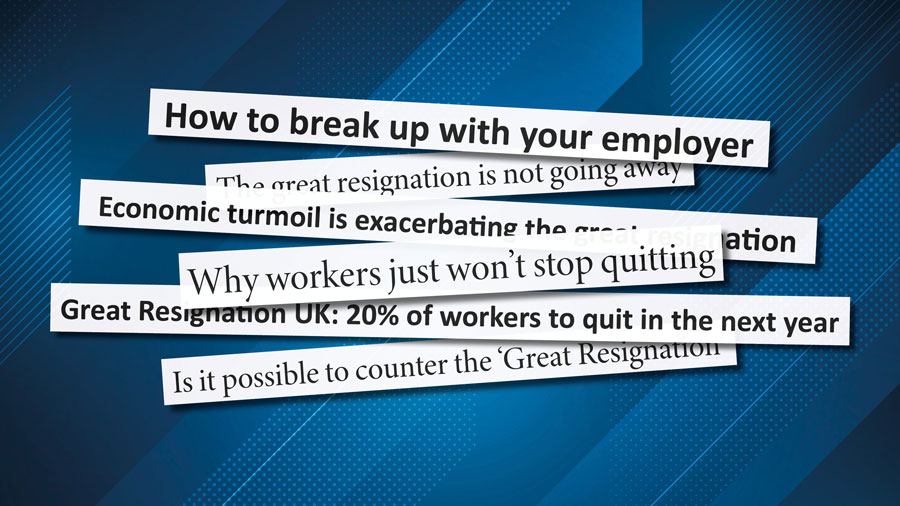CultureScan
What is the culture of Ireland’s housing associations? CT’s CultureScan tool can help organisations find out

CULTURESCAN
Image: Istock
Kathleen McKillion
Senior Associate Consultant, Campbell Tickell


James Tickell
Partner, Campbell Tickell
There are more than 400 housing associations (Approved Housing Bodies or AHBs) in Ireland. They vary in size and in the services they provide. All are run by voluntary boards, with some employing housing and support staff.
Many AHBs were established to provide complementary special needs housing in their local authority area, typically building 10 houses in the heart of close-knit communities to cater for the needs of the elderly population.
With support funding from the Health Service Executive (HSE), AHBs have also been established to house people with disabilities – in the main those with intellectual disabilities. Another cohort of AHBs provide housing and/or homelessness support services. In recent years a smaller number of the large and growing AHBs have delivered unprecedented levels of general needs family housing, at regional and national level.
The importance of culture
All housing associations have a social housing mission as their vision, but what separates them / brings them together? Culture.
Culture has become more important to organisations and their people in recent years. This has been compounded by the Irish Government’s current collaboration and merger agenda for AHBs. Small-scale collaboration has worked well to date and AHBs are asking who it would be best to collaborate with. They are also asking what makes this collaboration successful – a key part of this is a good cultural fit.
In an AHB context a workplace culture is the shared mission and values. The board’s strategic direction influences this culture. It sets clear goals and performance targets for the executive and staff and can create a conducive and inclusive working environment. This has been particularly sharpened in recent years with the COVID-19 lockdown and the move by many AHBs to hybrid working, part-time in the office and part-time at home.
A positive workplace culture increases productivity and efficiency. Job satisfaction, collaboration and work performance are all improved.
Culture questions for AHBs:
- How good is your organisational culture?
- How do you really know?
- What words can best describe the attributes of the desired positive culture for your workplace?
CT CultureScan
Campbell Tickell launched our innovative CultureScan tool in 2019, developed by our partner, James Tickell, which aims to answer the questions in the above box. CultureScan is already in use in Great Britain and we are very keen to introduce it to the sector in Ireland.
The Campbell Tickell CultureScan firstly defines and measures culture along seven intuitively devised scales, based on researched psychological principles. It provides boards and executive teams with a simply stated set of assessments for how different teams may be functioning, and above all offers key insights for improvement and change.
The tool is tried and tested and is now available for wider application in Ireland, whether for a whole AHB, or for particular teams or groups of colleagues, be they in housing or support.
“The tool is tried and tested and is now available for wider application in Ireland, whether for a whole AHB, or for particular teams or groups of colleagues, be they in housing or support.”
The seven pillars of positive culture
We start with our seven defining characteristics of great organisations, noting of course that there can be no ‘one-size-fits-all’ aspirational target. Each organisation needs to be fit for its own mission, activities, time and place. A small supported housing organisation may need a very different culture to a large and growing general needs AHB.
Each of the seven also has a ‘dark shadow’ – the corresponding negative or toxic characteristics (see italics in the table).

For more information on how the CultureScan works and could be used in your housing association organisation as well as the resulting tailored report, please contact kathleen.mckillion@campbelltickell.com or james.tickell@campbelltickell.com

